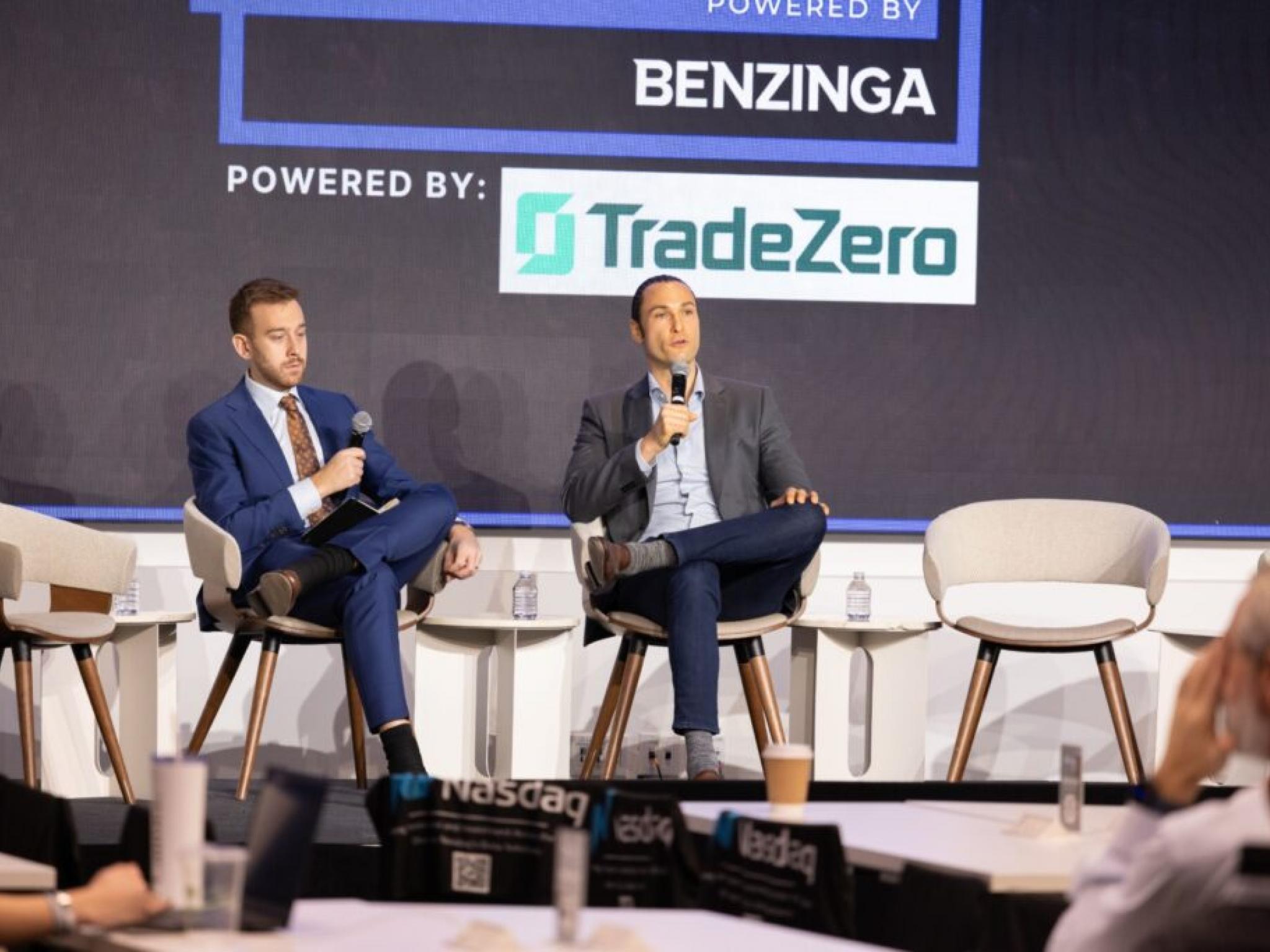
The future of digital asset securities is taking shape, with special purpose broker-dealer (SPBD) licenses carving out a path for regulated blockchain adoption. During a recent panel discussion at Benzinga’s Future of Digital Assets conference, Aaron Kaplan, CEO of Prometheum, outlined how these licenses provide the essential framework for bridging blockchain technology with traditional financial markets.
Prometheum, one of only two firms to hold this license, is positioned to drive the infrastructure needed for tokenized securities.
Bridging Blockchain and Traditional Finance
Kaplan explained that SPBD licenses serve as the legal mechanism for custodying digital asset securities under federal securities laws. This structure is critical for connecting blockchain-based securities with established financial systems, supporting vital activities such as clearing, settling, and custody.
“The special purpose broker-dealer is the mechanism by which companies can compliantly custody digital asset securities under the federal securities laws,” Kaplan said. He likened this evolution to the early development of equities trading platforms, noting that infrastructure must adapt to support new market demands.
A Foundation for Tokenized Securities
Prometheum's infrastructure supports tokenized securities, including money markets, treasuries, and structured products. Kaplan described how blockchain's efficiency could replace outdated settlement processes and enable instant transactions, unlocking value for issuers and investors.
“The biggest trend in 2025 will be securities on a blockchain, and for that to occur, you need a market infrastructure. And that's what Prometheum provides,” Kaplan said. This setup brings issuers and buyers together, creating a comprehensive environment for trading, clearing, and custodying tokenized assets, he added.
Overcoming Regulatory Challenges
While the potential for tokenization is vast, Kaplan acknowledged that regulatory uncertainties have slowed adoption. He pointed out that a lack of infrastructure has been one of the biggest barriers, but Prometheum's SPBD license and supporting systems are helping address this gap.
“There hasn't been the infrastructure for [securities on blockchain] to occur. Prometheum is really where the buy and the sell side could come together for a tokenization party,” Kaplan said. He also highlighted how clearer regulatory guidance could encourage institutions to embrace blockchain without fear of non-compliance.
Looking Ahead
With demand for digital asset securities growing, Kaplan forecasted a surge in tokenized securities as early as 2025. Prometheum's SPBD license and infrastructure are designed to meet this demand, supporting the transition of traditional securities onto blockchain platforms.
As blockchain-based securities gain traction, Kaplan emphasized that Prometheum's systems are ready to handle the increasing complexity of this evolving market.







